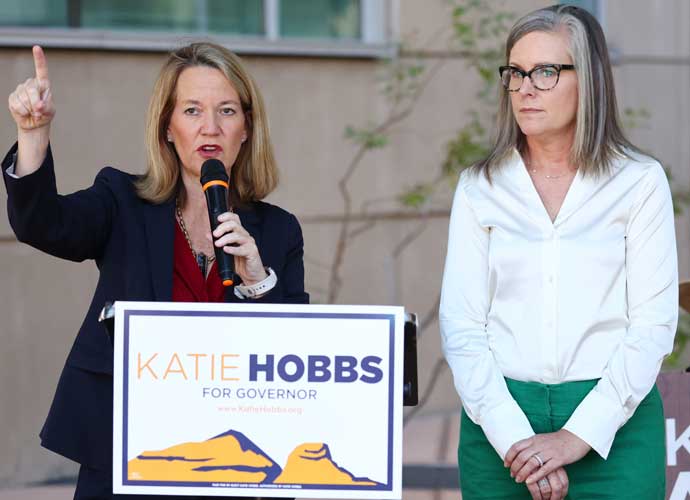Torey Lanez Goes On Trial For Shooting Megan Thee Stallion, Faces 22 Years In Prison
Rapper Torey Lanez began his trial Monday for allegedly shooting fellow rapper Megan Thee Stallion in the feet in July 2020.
Lanez has pleaded not guilty to three charges: assault with a semiautomatic firearm, carrying a loaded, unregistered firearm in a vehicle, and discharging a firearm with gross negligence. If convicted of all charges, he could face 22 years in prison.
Prosecutors said Megan had three bullet fragments removed from her feet, proving that she did not cut herself on broken glass as she initially told police following the incident. Megan said she was too afraid to tell the police the truth.
IN MEMORIAM 2022: 100 GREAT CELEBRITIES WHO DIED THIS YEAR!
Prosecutors said they will prove Lanez shot Megan after the pair got into an argument following a pool party at Kylie Jenner’s house and Megan insulted Lanez’s “music skills.” According to prosecutors, after the argument erupted inside an SUV, Megan asked to leave the vehicle. After she exited the vehicle, Lanez yelled “Dance, bitch,” and shot at her feet several times.
Prosecutors also said that Lanez and other people present in the car tested positive for gunshot residue. They will use text messages and phone calls from Lanez in which he apologizes for his behavior to further support their case.
Megan will testify Tuesday.
Lanez’s attorneys have attacked Megan’s credibility saying she is lying out of jealousy. They have focused on her changing story.
In an Instagram Live posted in August, 2020, Megan publicly accused Lanez as her shooter.
“Tory shot me, you shot me,” she said in the video.
In the video, Megan explains why her story has changed. She said there was someone who witnessed the shooting who called the police.
“When the police come, I’m scared,” she said. “All this shit going on with the police… the police was literally killing Black people for no f— reason. I ain’t tell the police what happened immediately right then because I didn’t want to die.”
Her thoughts on the shooting and the mistreatment of Black women were published in a 2020 essay for the New York Times.
“My initial silence about what happened was out of fear for myself and my friends,” she wrote. “Even as a victim, I have been met with skepticism and judgment. The way people have publicly questioned and debated whether I played a role in my own violent assault proves that my fears about discussing what happened were, unfortunately, warranted.”
RELATED ARTICLES
Get the most-revealing celebrity conversations with the uInterview podcast!









Leave a comment